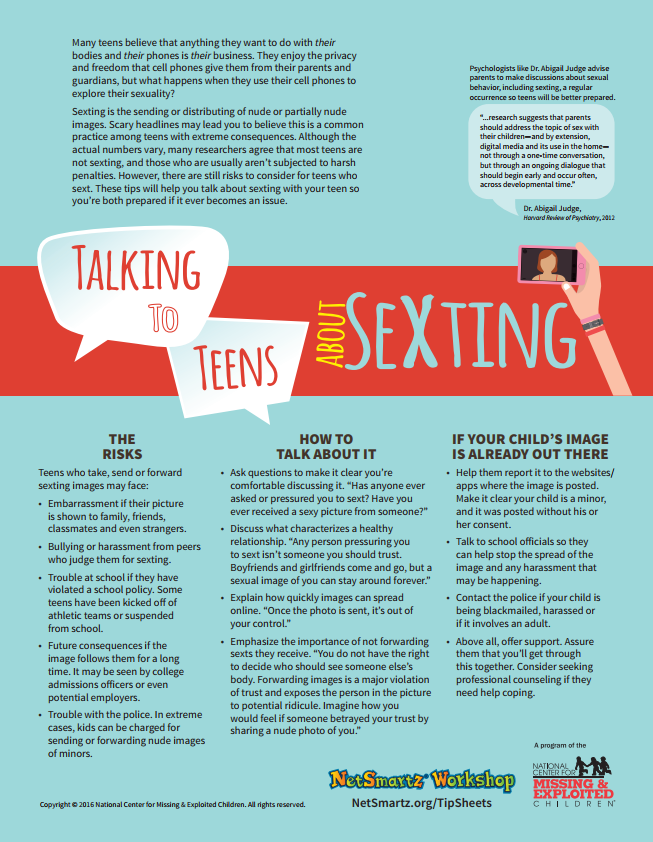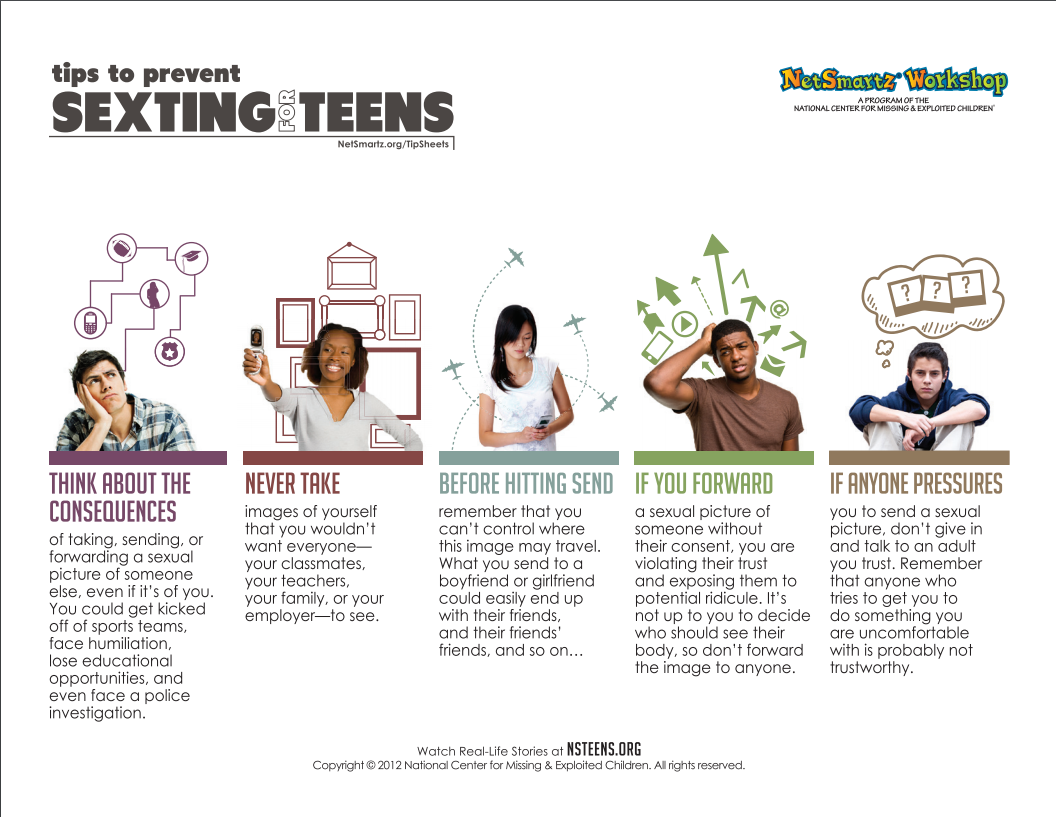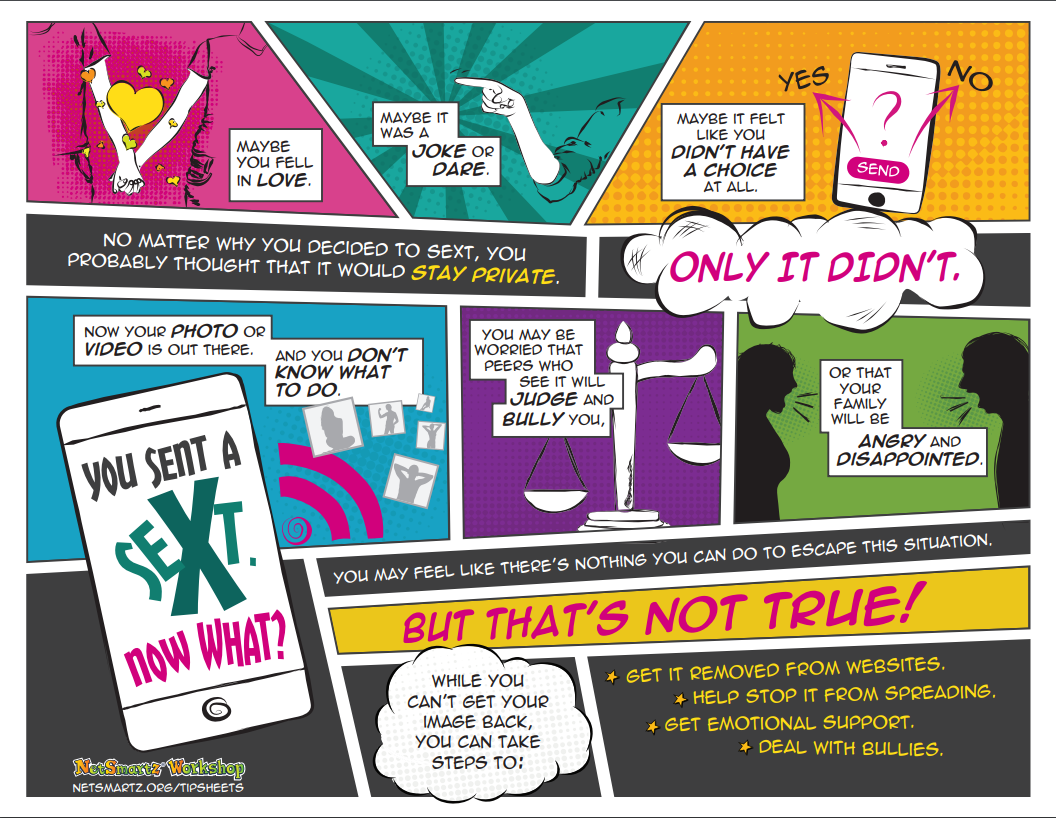Kids are living a large part of their lives online, and this includes the romantic part as well. Online interactions can be a healthy and powerful way to build relationships with others around the world. This online connectivity can also open the door to flirting, fighting, breaking up, and making up. Many times it seems easier to connect as their actions can feel removed from consequences or free from discovery. When people are anonymous, it's easier to behave irresponsibly, cruelly, or unethically. Others may simply misinterpret the tone and context of messages or posts. Kids need a code of conduct for using the Internet and mobile media just as they need a code of conduct in the offline world. They should be empowered to be good digital citizens, in addition to being good citizens in general. It is important to remember, everything we put online (good or bad) doesn't just go away once it's sent. Information, texts, and posts are permanent parts of our student's digital lives.
Building Safe Digital Relationships
- Keep your personal information and your passwords protected.
- Trust your instincts - if you ever feel uncomfortable by a text, email, or IM, tell an adult and report the situation to the site administrator.
- Don't feel pressured to be in a relationship that doesn't give you breathing room. If you are overwhelmed by emails or texts, take control, and delete, de-friend and defend your digital life.
- Be a wingman/wingwoman for a friend - be a person your friend can talk to about a situation and help them get through it.
- Be prepared and aware of issues that may arise and have a plan to deal with them. (Check out these campaigns)
Sexting
Sexting is when people take and send sexually revealing pictures of themselves or send sexually explicit messages via the Internet or text messages. Sending and/or receiving these messages or pictures is growing in popularity, especially among adolescents. Though there are many positive aspects of being able to connect, communicate, and share instantly, it also creates the potential for many other problems including sexting.
What Does Wisconsin Law Say About Sexting?
Unlike states with specific teen sexting laws, Wisconsin punishes teen sexting under its laws against child pornography and related activities.
Under Wisconsin’s child pornography law, it is illegal to possess or view a visual depiction of a child engaged in sexual conduct—including depictions sent via text message. (Wi. Stat. Ann. § 948.12.)
It is also a crime for an adult to cause a child to view sexual activity for the purpose of that adult’s sexual arousal or gratification. Under this law, an adult who sends a sexually explicit text message image to a child may face felony charges, as described below. (Wi. Stat. Ann. § 948.055.)
- Teens who sext may face child pornography charges, which may be heard in juvenile court (rather than the adult criminal justice system), where judges have a wider discretion in the kinds of penalties they impose.
- However, even in juvenile court, a conviction for possessing or viewing child pornography may include a fine of up to $10,000, up to three years and six months in custody, or both.
- For more information on the treatment of juveniles who commit crimes, see Incorrigibility: Juvenile Laws.
- Adults who possess or view child pornography—including sext messages with sexual images of children— may face child pornography charges with penalties including a fine of up to $100,000, up to 20 years in prison, or both.
- An adult who texts sexual images—regardless of the age of the people depicted in the image—to a child younger than 13 years old may face a fine of up to $25,000, up to 12 years and six months in prison, both. And when the recipient was 13 and older, but younger than 18, the adult will face a fine of up to $10,000 up to six years in prison or both.
What Can You Do?
- Clarify your expectations and your family’s values when it comes to sex, relationships and cell phone usage.
- Discuss what characterizes a healthy relationship. Explain that any person pressuring them to sext isn’t someone they should trust.
- Explain how quickly information can spread online. Emphasize that once an image is shared, it is out of their control and can stay around forever.
- Help teens understand the consequences they could face for sending or forwarding images.
- Talk to teens about the importance of not asking for or forwarding sexts. Make sure they understand that forwarding sexting images is a major violation of trust and explain the risks that it poses to the person in the picture.
Additional Resources/Links
Find these and more at NetSmartz and Common Sense Media





